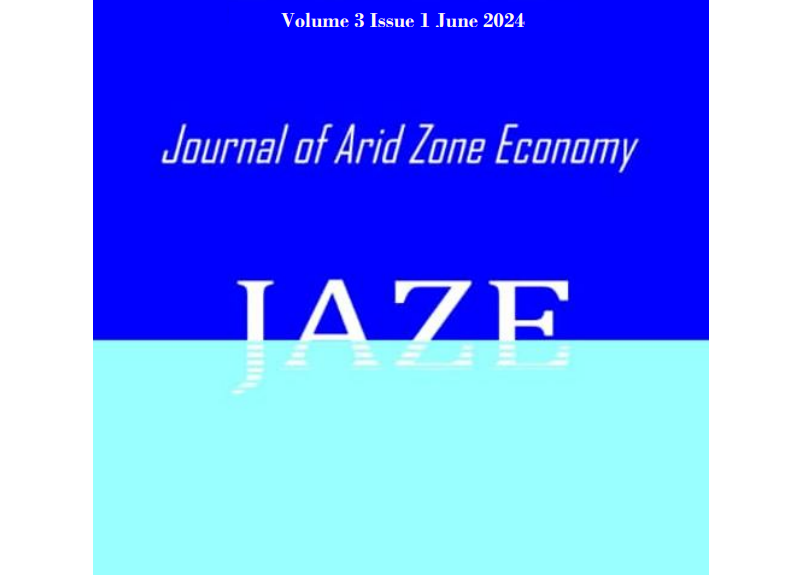Exchange Rate Variation and Manufacturing Sector in Nigeria: Error Correction Model Approach
Keywords:
Exchange rate variation, Manufacturing sector, Error correction mechanism, Unit root test, NigeriaAbstract
Nigeria has had a chequered economy history since independence. The
country’s economic problems apparently bear some relations in exchange
rate crisis particularly as it affects the manufacturing sector. To this end,
the study used Error Correction Mechanism having found that the
variables are integrated to examine the implication of the exchange rate
variations on the manufacturing sector in Nigerian economy between
1980 and 2021 using annual time series data on the econometric tools.
The results from the investigation revealed that labor input as one of the
exogenous variables returned a negative coefficient contrary to the
theoretical expectation. This was not unexpected as often time labor factor
input is not optimally utilized in the manufacturing sector to enhance
output returns. However, the results further demonstrate that increase in
capital stock enhances the manufacturing sector output. The exchange
rate is positively signed implying that the exchange rate was properly
managed hence it has a positive impact on the manufacturing sector.
Inflation rate satisfied the a priori expectation. The study notes that the
recent call for the training of the available labor factor that can take more
than 5 per cent of the federal budget is a step in the right direction. This
implies that more funds should be made available and channel to the
training of labor factor in order to achieve efficient and effective
utilization of the factor costs gears towards increase in output returns of
the manufacturing sector in Nigeria.

Downloads
Published
Issue
Section
License
Copyright (c) 2024 Journal of Arid Zone Economy

This work is licensed under a Creative Commons Attribution 4.0 International License.

